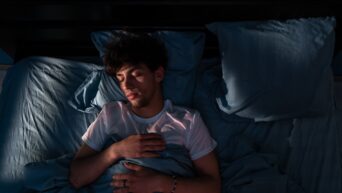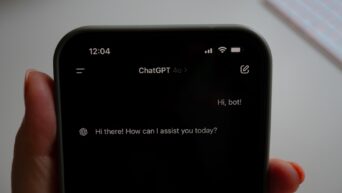We’ve heard time and time again that screens are harmful to our health. They can cause damage to our eyesight, they can worsen our sleep patterns, and they can even cause depression in teenagers. These are certainly scary thoughts, but we’ve gotten so used to them throughout the years that they hardly matter to us anymore. The fear is always there though, like that terrible feeling we get after binge-watching 10 episodes of our favorite Netflix show on a lazy Saturday.
But a new guidance released by the Royal College of Pediatrics and Child Health, a professional body for pediatricians in training, suggests that screen time, specifically in children, may not actually be very harmful after all. According to the guidance, a majority of the literature that talks about screen time limits is actually just talking about television screen time. This means that other screens, such as phones and computers, haven’t been studied as much. To add to this, the guidance also says that “the evidence base for a direct ‘toxic’ effect of screen time is contested, and the evidence of harm is often overstated.”
With regards to the harmful effects as seen by an extended amount of screen time, the RCPH explains this as a mere correlation. When kids get too much time in front of the screen, they are taking away from the time that they could be doing other more productive things such as socializing, exercising, and most importantly, sleeping. The lack of these other activities is what’s causing the negative impacts, not the screen time itself.
Although the limits for screen time are still up for debate, the RCPH nevertheless recommends parents to avoid screens at least one hour before the planned bedtime.
































